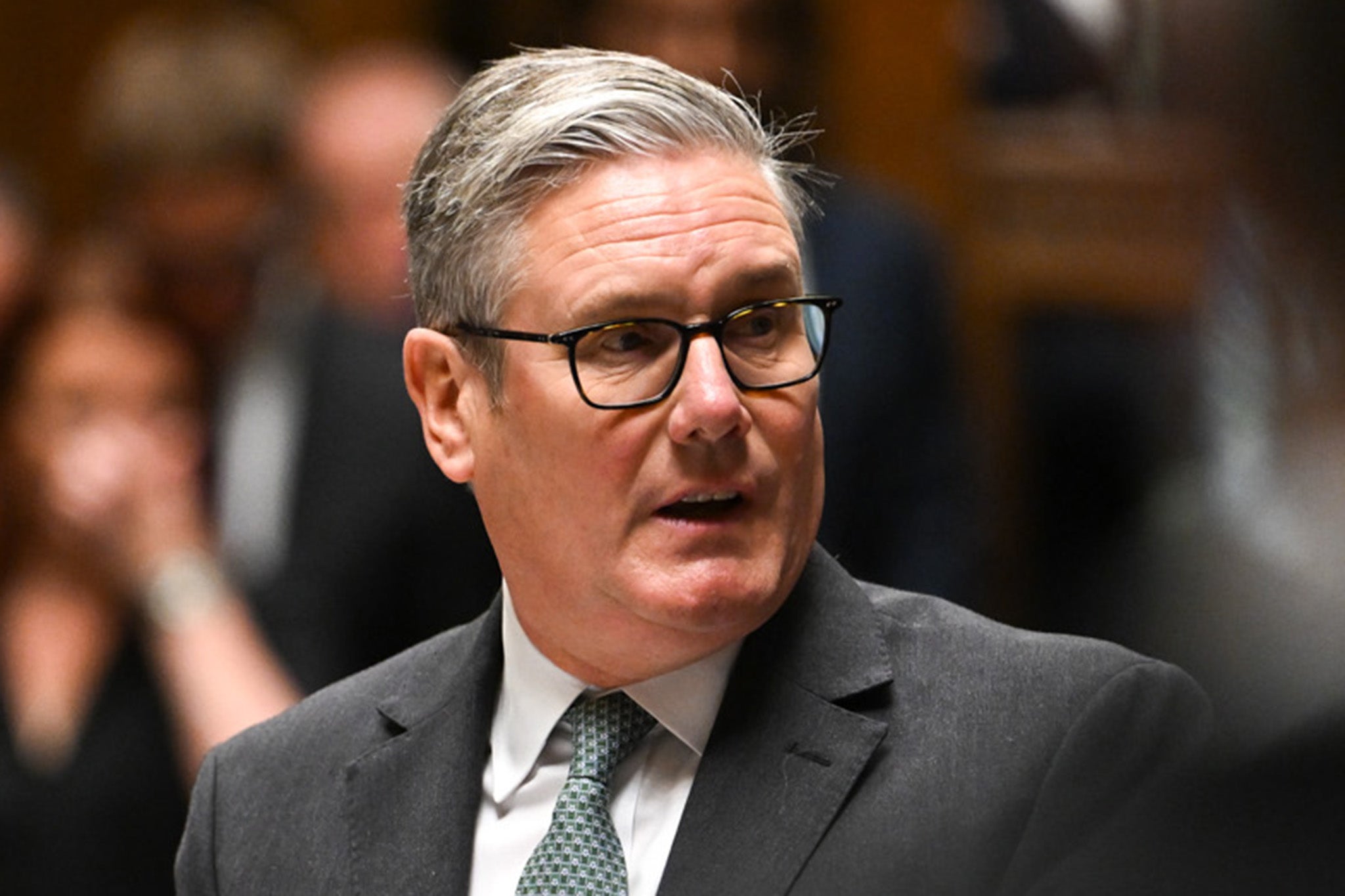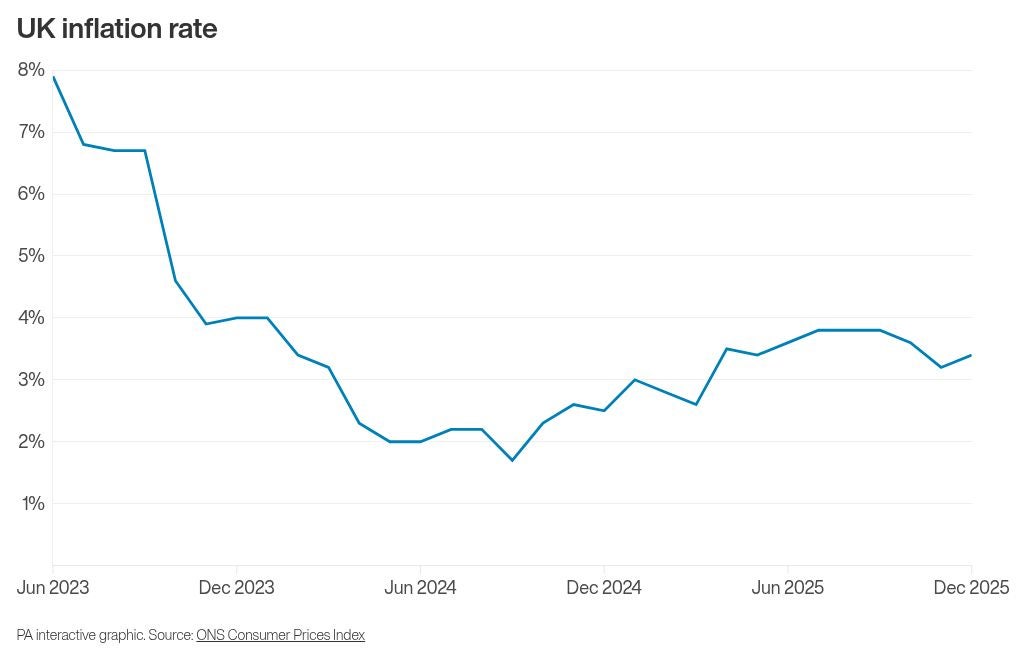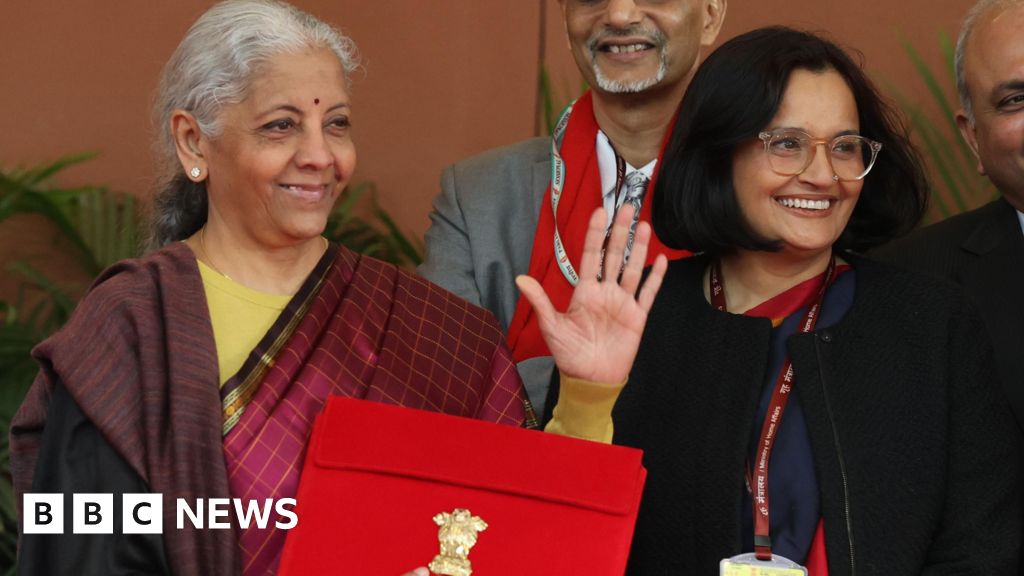Business
UK economy flatlined in July after sharp contraction in manufacturing

The UK economy flatlined in July as the biggest contraction for a year in the manufacturing sector offset a bumper month on the high street.
The Office for National Statistics (ONS) said there was zero growth in gross domestic product (GDP) month on month in July, against 0.4 per cent growth in June.
It came after the manufacturing sector saw activity pull back by 1.3 per cent – the biggest contraction since July 2024. This held back growth in the wider economy, with the services sector up 0.1 per cent thanks to an expansion of 0.6 per cent in retail and construction growing by 0.2 per cent.
Liz McKeown, director of economic statistics at the ONS, said: “Growth in the economy as a whole continued to slow over the last three months. While services growth held up, production fell back further.
“Within services, health, computer programming and office support services all performed well, while the falls in production were driven by broad-based weakness across manufacturing industries.
“In the latest month, GDP showed no growth, with increases in services and construction offset by falls in production. Falls in production were driven by broad-based weakness across manufacturing industries.”
Services output grew 0.4 per cent and construction by 0.6 per cent across the three months to July, contributing to an overall rise of 0.2 per cent for the economy across the summer period.
However, that means a third consecutive slowdown period as, in one expert’s words, the economy “grinds to a halt”. Lindsay James, investment strategist at Quilter, pointed out that even the areas that showed growth in the last three months are slowing – a direct consequence of the government raising costs for employers.
“After a positive first half of the year, UK economic growth is slowly grinding to a halt once again,” said Ms James.
“GDP failed to grow month-on-month in July, and slowed to just 0.2 per cent on a three-monthly basis. This increase was driven primarily by the services and construction sectors, but production output fell. However, growth is slowing in these sectors and is likely the result of actions taken by the Labour government now being realised, with the increase in employer national insurance contributions having a significant impact on business confidence.
“With the summer now over and the economy supposedly getting out of its slumber, we now face continuing uncertainty in the lead-up to the budget in November given the precarious position the chancellor finds the public finances in. It is estimated that the fiscal hole that needs to be plugged is anywhere between £20bn and £50bn. While that is a wide range, it means one thing for a government that has shown it will struggle to cut spending – more tax rises.”

On the latest figures, a Treasury spokesperson said: “We know there’s more to do to boost growth, because while our economy isn’t broken, it does feel stuck.
“That’s the result of years of underinvestment, which we’re determined to reverse through our Plan for Change. We’re making progress: growth this year was the fastest in the G7; since the election, interest rates have been cut five times, and real wages have risen faster than they did under the last government.
“There’s more to do to build an economy that works for, and rewards, working people. That’s why we are cutting unnecessary red tape, transforming the planning system to get Britain building, and investing billions of pounds into affordable homes, Sizewell C, and local transport across the country.”
In response, Sir Mel Stride MP, shadow chancellor of the Exchequer, said: “Any economic growth is welcome – but this government is distracted from the problems the country is facing.
“While the government lurches from one scandal to another, borrowing costs recently hit a 27-year high – a damning vote of no confidence in Labour that makes painful tax rises all but certain.
“It is little wonder that Starmer has stripped Reeves of control over the Budget. But sidelining her is not enough – he must also reject her failed economic approach that has left Britain poorer.”
Rachel Reeves is scheduled to deliver the Budget on 26 November.

Ben Jones, lead economist at the CBI, added: “The sunshine may have lifted consumers in July, but the broader economy stayed stuck in the shade. Growth was uneven across sectors, highlighting that underlying demand remains more fragile. Speculation about new business taxes is casting a long shadow. Amid rising cost pressures, firms are already holding back on hiring and investment and are wary of weeks’ more Budget uncertainty.
“The government cannot tax its way to growth and continue to raid corporate coffers. With the Autumn Budget fast approaching, the chancellor must deliver a decisive, pro-growth package by committing to serious tax reform. It’s the structure of our system – from punitive business rates to the restrictive VAT threshold and stamp duty – that holds back economic progress, not just the rates themselves.”
Additional reporting by PA
Business
‘Holistic And Forward-Looking’: Piyush Goyal Says Budget 2026 Reflects Future-Ready India

Last Updated:
Piyush Goyal termed the Budget “economically and fundamentally very strong”, and stated that it “reflects the aspirations of the youth of the country”.

Minister of Commerce and Industry Piyush Goyal. (File photo)
Union Minister Piyush Goyal on Sunday termed Budget 2026 “futuristic and holistic”, and stated that it “reflects the aspirations of the youth of the country and is forward-looking”.
Speaking exclusively to CNN-News18 on Budget 2026, presented by Finance Minister Nirmala Sitharaman, Goyal said, “This is a fabulous budget and it is very futuristic. The Budget 2026 has covered all sectors including technology, infrastructure, etc.”
“The technology sector has been given a thrust. The budget focuses on infrastructure. It is a holistic and forward-looking budget refecting future ready Bharat,” he said, adding, “The budget meets the aspirations of the youth and new India.”
Stating that the Budget is economically and fundamentally very strong, the Union Minister said, “Farmers, animal husbandry and labour-intensive sectors get a major push as this Budget focuses on investment, value addition and jobs.”
#Exclusive | “The Budget is economically and fundamentally very strong,”Preparing India for Viksit Bharat. Farmers, animal husbandry and labour-intensive sectors get a major push as the Budget focuses on investment, value addition and jobs.@Parikshitl in an exclusive… pic.twitter.com/tJr2SItcaW
— News18 (@CNNnews18) February 1, 2026
‘Budget 2026 Is Human-Centric’: PM Modi
Prime Minister Narendra Modi on Sunday said that the Union Budget 2026 is “human-centric and strengthens India’s foundation with path-breaking reforms.” The Prime Minister also described it as historic and a catalyst for accelerating the country’s reform trajectory and long-term growth.
Following the presentation of the Budget in Parliament, PM Modi said the proposals would energise the economy, empower citizens and give India’s youth fresh opportunities to scale new heights.
“This budget brings the dreams of the present to life and strengthens the foundation of India’s bright future. This budget is a strong foundation for our high-flying aspirations of a developed India by 2047,” he said.
Calling the government’s reform agenda a “Reform Express”, the Prime Minister added, “The reform express that India is riding today will gain new energy and new momentum from this budget.”
February 01, 2026, 19:01 IST
Read More
Business
How inflation rebound is set to affect UK interest rates

Interest rates are widely expected to remain at 3.75% as Bank of England policymakers prioritise curbing above-target inflation while also monitoring economic growth, according to expert analysis.
The Bank’s Monetary Policy Committee (MPC) is anticipated to leave borrowing costs unchanged when it announces its latest decision on Thursday, marking its first interest rate setting meeting of the year.
This follows a rate cut delivered before Christmas, which was the fourth such reduction.
At the time, Governor Andrew Bailey noted that the UK had “passed the recent peak in inflation and it has continued to fall”, enabling the MPC to ease borrowing costs. However, he cautioned that any further cuts would be a “closer call”.
Since that decision, official data has revealed that inflation unexpectedly rebounded in December, rising for the first time in five months.
The Consumer Prices Index (CPI) inflation rate reached 3.4% for the month, an increase from 3.2% in November, with factors such as tobacco duties and airfares contributing to the upward pressure on prices.
Economists suggest this inflation uptick is likely to reinforce the MPC’s inclination to keep rates steady this month.
Philip Shaw, an analyst for Investec, stated: “The principal reason to hold off from easing again is that at 3.4% in December, inflation remains well above the 2% target.”
He added: “But with the stance of policy less restrictive than previously, there are greater risks that further easing is unwarranted.”
Shaw also highlighted other data points the MPC would consider, including gross domestic product (GDP), which saw a return to growth of 0.3% in November – a potentially encouraging sign for policymakers.
Matt Swannell, chief economic advisor to the EY ITEM Club, affirmed: “Keeping bank rate unchanged at 3.75% at next week’s meeting looks a near-certainty.”

He noted that while some MPC members who favoured a cut in December still have concerns about persistent wage growth and inflation, recent data has not been compelling enough to prompt back-to-back reductions.
Edward Allenby, senior economic advisor at Oxford Economics, forecasts the next rate cut to occur in April.
He explained: “The MPC will continue to face a delicate balancing act between supporting growth and preventing inflation from becoming entrenched, with forthcoming data on pay settlements likely to play a decisive role in shaping the next policy move.”
The Bank’s policymakers have consistently voiced concerns regarding the pace of wage increases in the UK, which can fuel overall inflation.
Business
Budget 2026: India pushes local industry as global tensions rise

India’s budget focuses on infrastructure and defence spending and tax breaks for data-centre investments.
Source link
-

 Sports5 days ago
Sports5 days agoPSL 11: Local players’ category renewals unveiled ahead of auction
-

 Tech1 week ago
Tech1 week agoStrap One of Our Favorite Action Cameras to Your Helmet or a Floaty
-

 Sports1 week ago
Sports1 week agoWanted Olympian-turned-fugitive Ryan Wedding in custody, sources say
-

 Entertainment1 week ago
Entertainment1 week agoThree dead after suicide blast targets peace committee leader’s home in DI Khan
-

 Tech1 week ago
Tech1 week agoThis Mega Snowstorm Will Be a Test for the US Supply Chain
-

 Sports1 week ago
Sports1 week agoStorylines shaping the 2025-26 men’s college basketball season
-

 Entertainment5 days ago
Entertainment5 days agoClaire Danes reveals how she reacted to pregnancy at 44
-

 Fashion1 week ago
Fashion1 week agoSpain’s apparel imports up 7.10% in Jan-Oct as sourcing realigns





